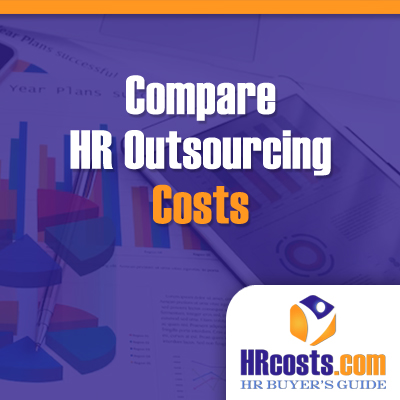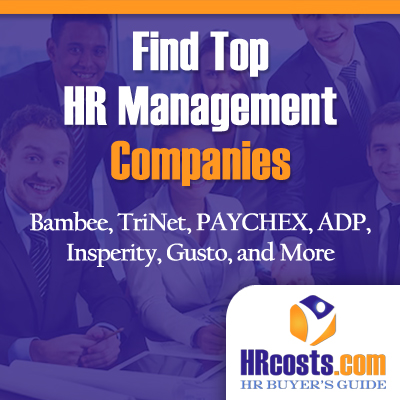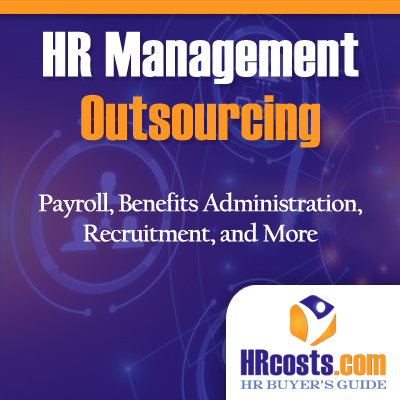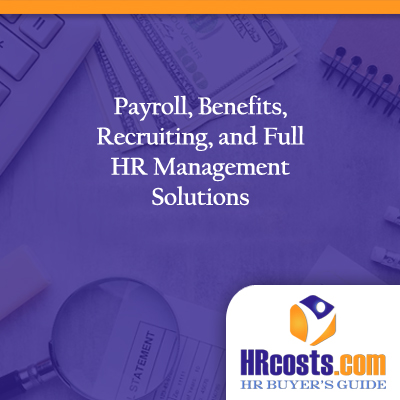
Can HR Outsourcing Help Your Company Comply with Employment Laws?
Navigating the complex landscape of employment laws can be one of the most challenging aspects of running a business. Compliance is not only crucial for avoiding costly legal issues but also for maintaining a fair and safe workplace. As businesses grow and laws evolve, keeping up can become increasingly difficult. This is where HR outsourcing comes into play. Let’s explore how outsourcing your HR functions can help ensure that your company stays compliant with employment laws.
Understanding the Role of HR in Compliance
Human Resources is not just about hiring and firing; it’s about managing the entire employee lifecycle according to federal, state, and local laws. These laws can cover everything from hiring practices and workplace safety to discrimination policies and wage requirements. An in-house HR team must constantly monitor these regulations to ensure compliance, which can be a substantial burden, especially for smaller businesses without dedicated legal experts. Let’s dive deeper into how HR contributes to compliance and why its role is fundamental in every business.
Employment Law Awareness
HR professionals are expected to have a thorough understanding of the employment laws that affect the business. This includes everything from federal employment standards like the Fair Labor Standards Act (FLSA) and the Americans with Disabilities Act (ADA), to state-specific laws regarding minimum wage, sick leave, and more. HR must keep abreast of these laws, which are often subject to change, to ensure the company does not inadvertently violate them.

Policy Development and Implementation
One of HR’s core duties is the development and implementation of workplace policies. These policies must reflect current laws and be clearly communicated to all employees. HR management is responsible for drafting, updating, and distributing employee handbooks that outline these policies. Moreover, HR ensures that company policies on anti-discrimination, harassment, workplace safety, and employee benefits are not only compliant with the law but are also consistently applied across the organization.
Employee Classification
Correctly classifying employees is a critical aspect of compliance. This includes determining who is a full-time employee, part-time employee, or a contractor. Misclassification can lead to significant legal and financial consequences. HR professionals assess job roles and responsibilities in light of legal standards to ensure proper classification and to prevent issues related to overtime pay and benefits eligibility.
Fair Hiring Practices
HR plays a vital role in the recruitment and hiring processes, ensuring they are conducted fairly and legally. This includes crafting job descriptions that are non-discriminatory, managing background checks within legal limits, and structuring interviews and selection processes that comply with equal employment opportunity laws. By overseeing these aspects, HR helps prevent biases and promotes a diverse and inclusive workforce.
Onboarding and Training
Compliance is also critical during the onboarding process. HR is responsible for ensuring that new hires complete all required legal and policy acknowledgments. They also manage compliance training sessions that might be mandatory, such as those concerning workplace safety, harassment prevention, and data protection protocols. Effective training helps minimize the risk of violations and equips employees to handle various situations appropriately.
Regular Audits and Assessments
To ensure ongoing compliance, HR conducts regular audits of company practices and policies. These audits help identify any areas where the business might be at risk of non-compliance. Following these assessments, HR is tasked with implementing corrective actions to address any issues uncovered.
Handling Complaints and Disputes
HR is often the first point of contact for employee complaints regarding violations of workplace policies or legal rights. Handling these complaints properly is crucial for legal compliance and for maintaining trust within the workforce. HR investigates these claims thoroughly and impartially and takes appropriate actions based on the findings.

Benefits of HR Outsourcing for Legal Compliance
HR outsourcing not only protects the company from potential legal action but also builds a workplace culture that supports employee engagement and retention. Investing in a skilled HR team, whether in-house or outsourced, is indispensable for navigating the complexities of employment law and maintaining a healthy organizational environment. Now, let’s take a look at some of the key benefits of HR outsourcing:
- Expertise and Knowledge One of the most significant advantages of outsourcing HR is gaining access to expertise that might not otherwise be available within your company. HR service providers specialize in understanding and staying current with all relevant employment laws. They can provide guidance on complex legal matters ensuring that your business’s policies and procedures are up to date and in line with current laws.
- Proactive Risk Management Outsourced HR professionals can help identify potential areas of risk before they become a problem. Whether it’s outdated employee handbooks, improper employee classification, or non-compliant benefit plans, these experts can detect red flags and suggest corrective actions proactively. This preventative approach can save substantial costs and protect your business from legal challenges.
- Training and Development Another area where outsourced HR proves invaluable is in training and development. HR providers can administer training sessions that are crucial for compliance, such as anti-harassment training, diversity education, and safety protocols. Regular training helps ensure that employees are informed about policies and practices, which can reduce the company’s liability and enhance workplace culture.
- Handling of Compliance Documentation Keeping thorough records is vital for compliance. Outsourced HR services can manage this documentation efficiently, from onboarding forms and employee records to compliance audits and incident reports. This meticulous record-keeping is crucial during legal examinations or audits by governing bodies.
- Cost-Effectiveness Maintaining an in-house team capable of managing all compliance needs can be expensive. HR outsourcing offers a cost-effective alternative by spreading out the expense among multiple clients, allowing businesses to access high-level services at a fraction of the cost of employing a full-time expert.

How to Choose the Right HR Outsourcing Provider
Selecting the right HR outsourcing provider is a critical decision for any business. The right provider can streamline your HR operations, ensure compliance with complex employment laws, and enhance overall workplace efficiency. However, with many providers in the market, it can be challenging to identify which one best fits your specific needs. Here are detailed steps and considerations to help you choose the most suitable HR outsourcing provider for your company.
Assess Your HR Needs
Before you start looking for an HR provider, clearly define what HR functions you need to outsource. Do you need help with recruitment, payroll management, employee benefits, compliance, or all of these areas? Understanding your specific needs will help you find a provider that specializes in the services you require.
Consider Company Size and Industry
The size of your company and your industry can significantly influence your HR needs. Some providers specialize in small to medium-sized businesses, while others might be better equipped for large corporations. Additionally, certain industries have specific regulatory requirements that make specialized knowledge crucial. Choose a provider with experience in your industry and with companies of a similar size.

Check Credentials and Experience
Research potential providers’ qualifications and track record. Look for providers with solid experience and a strong reputation in the HR field. Check their credentials, certifications, and professional associations, which can give you an insight into their level of expertise and commitment to quality.
Read Reviews and Testimonials
Client reviews and testimonials can provide valuable insights into a provider’s reliability, service quality, and customer service. Look for feedback on their professionalism, responsiveness, and ability to resolve issues. You can find these reviews on the provider’s website, social media, or business review websites.
Outsourcing HR functions can significantly help your company comply with employment laws, reducing legal risks and allowing you to focus more on core business activities. By partnering with experienced HR professionals, you not only ensure compliance but also enhance the overall efficiency and quality of your human resource management. In an era where legal compliance is more scrutinized than ever, investing in professional HR outsourcing can be a wise and profitable decision for businesses of all sizes.
